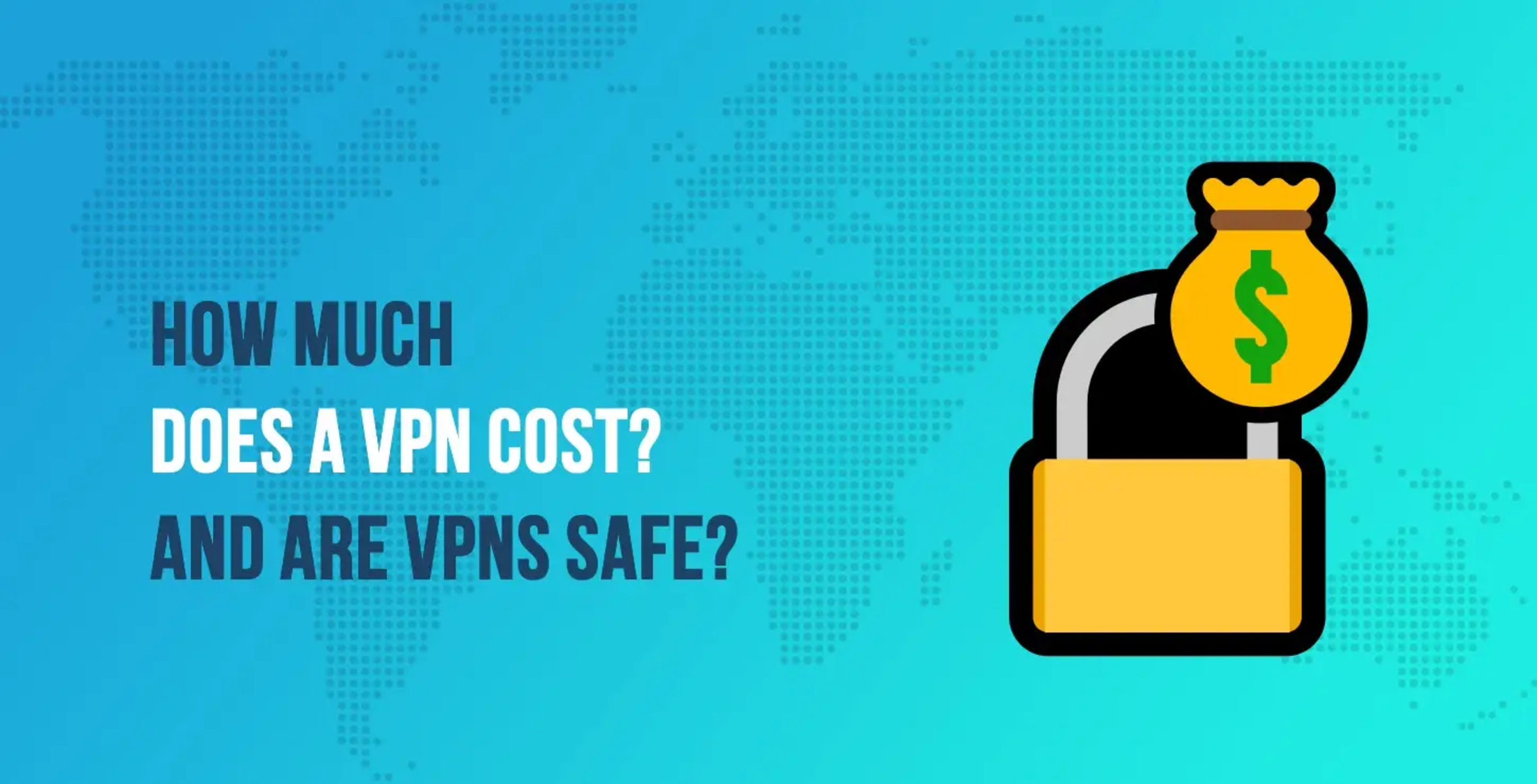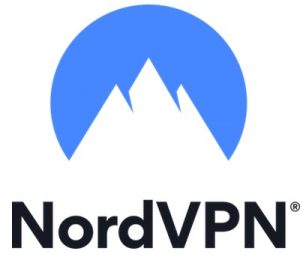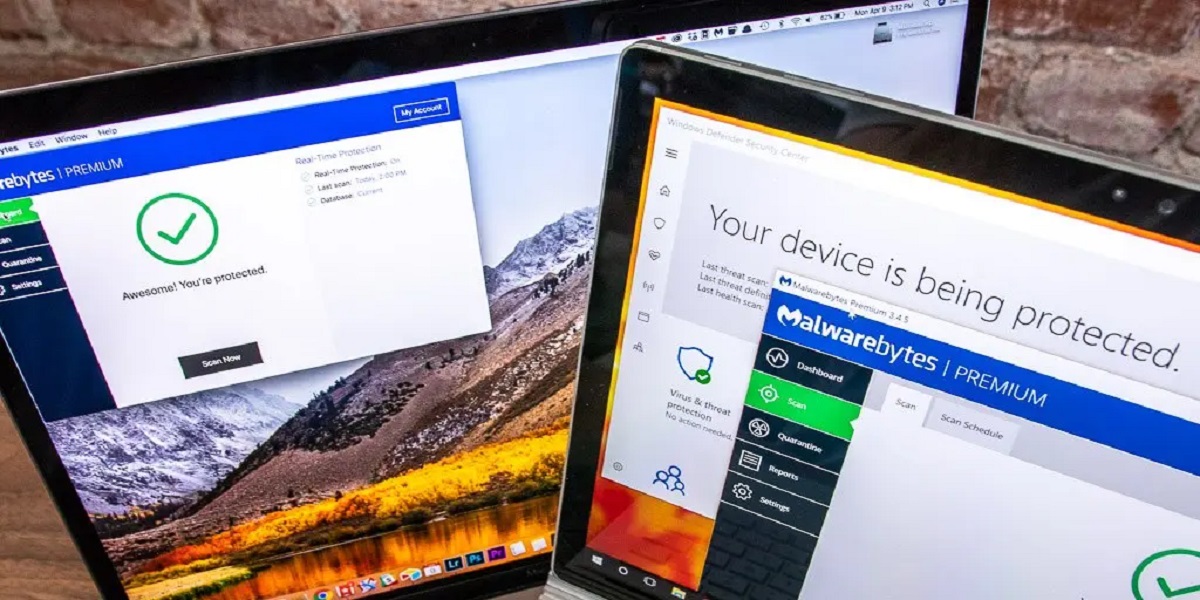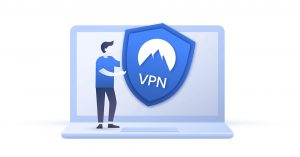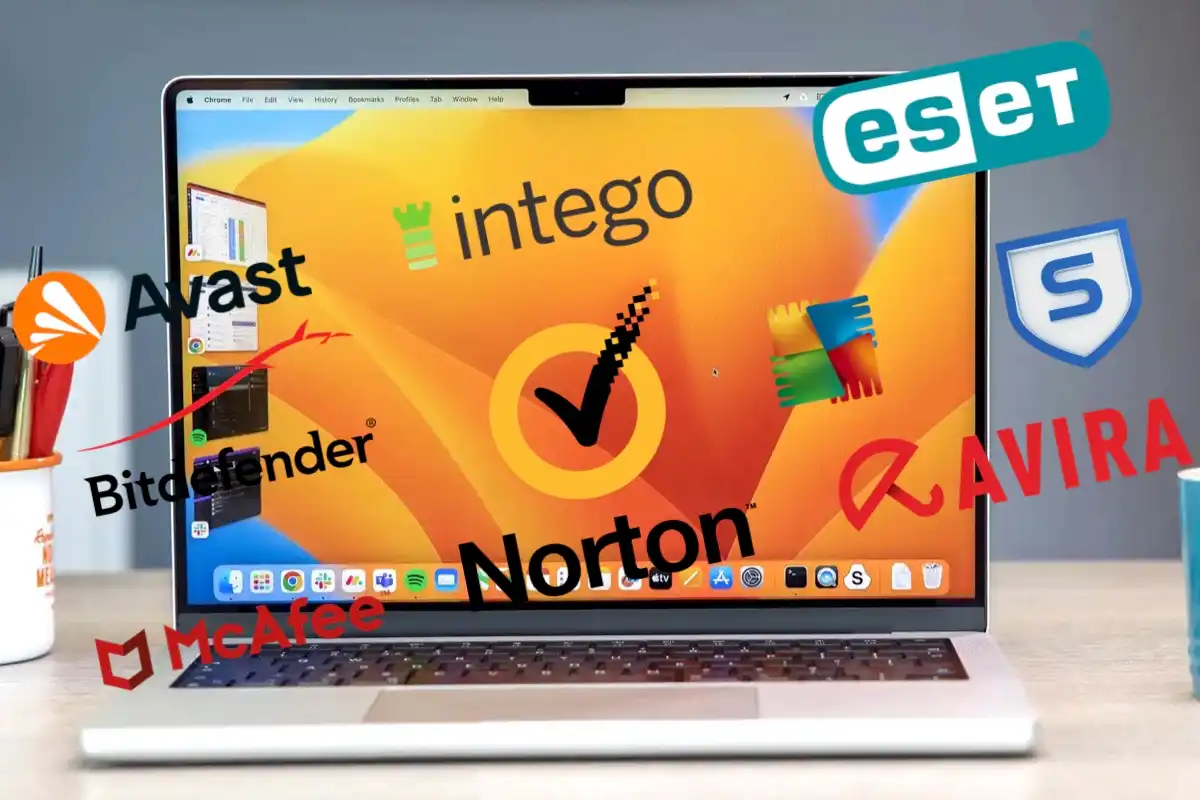Introduction
When it comes to online security and privacy, using a Virtual Private Network (VPN) has become increasingly popular. A VPN creates a secure connection between your device and the internet, encrypting your data and masking your IP address. This not only protects your personal information but also allows you to browse the internet anonymously.
With the growing demand for VPN services, one question that often arises is, “How much does VPN cost?” While the cost of a VPN varies depending on several factors, understanding the different pricing models and what they include can help you choose a VPN that fits your needs and budget.
In this article, we will explore the various factors that affect VPN cost, compare free VPNs and paid VPNs, and discuss the average pricing of VPN services. We will also delve into the different pricing models offered by VPN providers, highlight some popular VPN providers and their pricing, and provide tips for choosing a VPN based on cost.
Before we dive into the details, it’s important to note that while there are free VPN options available, they often come with limitations. Free VPNs may have restricted bandwidth, slower speeds, or limited server locations. Paid VPNs, on the other hand, typically offer more features, better performance, and enhanced security.
Now, let’s take a closer look at how VPN cost is determined and what factors you should consider when choosing a VPN provider.
Factors That Affect VPN Cost
Several factors come into play when determining the cost of a VPN service. Understanding these factors can help you evaluate and compare different VPN providers to find the one that best suits your needs and budget. Here are some key factors that affect VPN cost:
- Server Network: The size and geographic spread of a VPN provider’s server network can impact the cost. Providers with a larger network may charge more due to the infrastructure required to maintain and expand their server locations.
- Features and Functionality: The range of features offered by a VPN provider can influence the cost. Advanced features like dedicated IP addresses, split tunneling, and ad-blocking may come at an additional expense.
- Security Protocols: A VPN’s level of security and encryption protocols can affect the cost. Providers that employ advanced security measures and offer additional security options may have higher subscription fees.
- Bandwidth and Speed: VPN providers often have different data usage limits or bandwidth restrictions. Providers offering unlimited bandwidth or faster speeds may charge a premium for their services.
- Customer Support: The quality and availability of customer support can vary among VPN providers. Those offering 24/7 live chat support or dedicated account managers may charge higher prices to cover the cost of maintaining such support systems.
While these factors can influence the pricing of VPN services, it’s important to note that not all providers prioritize them in the same way. Some VPN providers may focus on offering a competitive price, while others may prioritize advanced security features or extensive server networks.
Considering these factors and their relevance to your specific needs will help you determine which VPN provider offers the best value for your money. Next, we will explore the differences between free and paid VPNs to help you make an informed decision about which option is right for you.
Free VPNs vs Paid VPNs
When considering a VPN, you have the option to choose between free VPNs and paid VPNs. While free VPNs may seem enticing, they often come with limitations and potential drawbacks. Here are some key differences between free and paid VPNs:
1. Security and Privacy: Free VPNs may not offer the same level of security and privacy as paid VPNs. They may collect and sell user data, display ads, or even compromise your online privacy. Paid VPNs, on the other hand, typically have strict no-logs policies and employ robust encryption protocols to ensure your data remains private and secure.
2. Server Locations and Speed: Free VPNs usually have limited server locations, which can result in slower speeds and restricted access to geo-restricted content. Paid VPNs often have a wider server network, enabling faster connections and greater access to global content.
3. Bandwidth and Data Limits: Free VPNs often restrict the amount of data you can use per month or impose limitations on bandwidth, resulting in slower speeds or interrupted connections. Paid VPNs typically offer unlimited bandwidth and data usage, allowing for uninterrupted browsing and streaming.
4. Customer Support: Free VPNs generally provide limited customer support, if any. With paid VPNs, you can expect prompt and reliable customer support through various channels, including live chat, email, or phone.
5. Advanced Features: Paid VPNs often come with advanced features like ad-blockers, malware protection, anonymous browsing, and split tunneling. These features enhance your online experience and provide additional layers of security.
While free VPNs may seem appealing due to the cost savings, it’s important to consider the potential risks and limitations. Paid VPNs offer a more reliable and comprehensive solution for your privacy and security needs. By investing in a paid VPN service, you can enjoy better speeds, enhanced security, and a wider range of features and functionalities.
Next, let’s explore the average cost of a VPN subscription and the pricing models typically used by VPN providers.
Average Cost of a VPN
The cost of a VPN subscription can vary depending on the VPN provider and the plan you choose. On average, you can expect to pay around $10 to $15 per month for a reliable and feature-rich VPN service. However, pricing can range from as low as a few dollars per month to over $30 per month, depending on various factors.
Annual subscriptions often provide the best value, with discounted rates compared to monthly plans. Many VPN providers also offer longer-term plans, such as biennial or triennial subscriptions, which can offer even more savings. These longer-term plans are preferable for users who are committed to using the VPN for an extended period.
It’s worth noting that some VPN providers may offer different tiers of service, with varying prices and features. For example, they may offer a basic plan at a lower cost with limited features, while a premium plan will offer more advanced features at a higher price point. Additionally, VPN providers may run promotions or discounts at certain times, so it’s worth keeping an eye out for special offers.
When considering the cost, it’s important to think about the value you’ll be getting in return. A higher-priced VPN service may offer additional security features, faster speeds, a larger server network, or better customer support. Assess your specific needs and priorities to determine if the additional cost is justified for the features and level of service offered.
Now that we have an understanding of the average cost of a VPN, let’s explore the different pricing models used by VPN providers.
Pricing Models of VPN Providers
VPN providers utilize different pricing models to offer their services to customers. Understanding these pricing models can help you make an informed decision when choosing a VPN. Here are the most common pricing models used by VPN providers:
- Monthly Subscriptions: This is the most common pricing model, where you pay a fixed amount on a monthly basis. Monthly subscriptions provide flexibility, allowing you to cancel or change your plan at any time. However, they tend to be more expensive compared to longer-term plans.
- Annual Subscriptions: Annual subscriptions offer a discounted rate compared to monthly subscriptions. By committing to a longer-term plan, you can enjoy substantial cost savings over time. This pricing model is preferred by those who plan to use a VPN consistently throughout the year.
- Multi-Year Subscriptions: Some VPN providers offer multi-year subscriptions, such as biennial (2-year) or triennial (3-year) plans. These long-term plans offer the greatest cost savings, making them ideal for users who are committed to using the VPN for an extended period.
- Custom Plans: Certain VPN providers offer custom pricing plans tailored to specific needs. This can include plans for businesses, teams, or special requirements. Custom plans often require reaching out to the VPN provider directly to discuss pricing and features.
- Free Trials and Money-Back Guarantees: Many VPN providers offer free trials or money-back guarantees to allow users to try out their services before committing to a paid plan. This gives you the opportunity to test the VPN’s features, performance, and compatibility with your devices.
It’s important to carefully review the pricing models offered by different VPN providers to determine which one aligns with your budget and requirements. Consider factors such as the length of commitment you’re comfortable with, the level of savings offered, and the features included in each plan.
Now that we understand the pricing models used by VPN providers, let’s take a look at some popular VPN providers and their pricing in the next section.
Popular VPN Providers and Their Pricing
There are several well-known VPN providers in the market, each with its own pricing structure and features. Here are some popular VPN providers and an overview of their pricing:
- ExpressVPN: ExpressVPN is a widely recognized VPN provider known for its fast speeds and extensive server network. Their pricing starts at around $8.32 per month with an annual subscription, and they also offer a 30-day money-back guarantee.
- NordVPN: NordVPN is known for its advanced security features and vast server network. They offer competitive pricing starting at around $3.71 per month with a two-year subscription, along with a 30-day money-back guarantee.
- Surfshark: Surfshark is an affordable yet feature-rich VPN provider. Their pricing starts at around $2.49 per month with a two-year subscription and includes unlimited simultaneous device connections.
- CyberGhost: CyberGhost offers a user-friendly VPN experience with a strong focus on privacy. Their pricing starts at around $2.75 per month with a three-year subscription and includes a 45-day money-back guarantee.
- Private Internet Access (PIA): PIA is known for its robust security features and affordable pricing. Their pricing starts at around $2.69 per month with a two-year subscription, and they offer a 30-day money-back guarantee.
These are just a few examples of popular VPN providers and their pricing. It’s important to note that prices may vary based on different factors such as the length of subscription, promotional offers, or new customer discounts.
When considering a VPN provider, it’s essential to not only focus on pricing but also to assess the features, server network, security protocols, and customer support offered by each provider. Evaluating these aspects will help you determine which VPN provider best meets your specific needs and requirements.
Now that we’ve explored popular VPN providers and their pricing, let’s discuss some additional costs you should consider when choosing a VPN.
Additional Costs to Consider
When selecting a VPN provider, it is important to consider not only the subscription cost but also any additional costs that may be associated with using the service. Here are some additional costs to keep in mind:
- Add-On Features: Some VPN providers offer add-on features that come with an additional cost. These features may include dedicated IP addresses, advanced malware protection, or access to specialty servers. Take into account any additional features you may require and their associated costs.
- Router Compatibility: If you plan on securing multiple devices or want to protect all devices in your home network, you may need to purchase a VPN-compatible router. These routers come with an additional cost, so consider this expense if you require this level of coverage.
- Renewal Rates: Be mindful of potential renewal rates when selecting a VPN provider. Some providers may offer discounted rates for the initial subscription but increase the price upon renewal. Ensure you understand the renewal terms to avoid any unexpected cost changes.
- Data Caps and Speed Throttling: Free VPNs often come with data caps and speed throttling, meaning your usage may be limited or your speeds reduced after reaching a certain threshold. Consider the potential costs of upgrading to a paid plan for unlimited bandwidth and faster speeds.
- Payment Methods: Some VPN providers offer different payment options, such as cryptocurrency or gift cards, which may incur additional fees. If you prefer a specific payment method, verify if there are any extra costs associated with it.
By considering these additional costs, you can ensure that you have a comprehensive understanding of the total expenses associated with using a VPN. It’s essential to factor in these costs alongside the subscription price to determine the overall affordability and value of the VPN service.
Now that we have covered the additional costs to consider, let’s move on to the next section, where we will provide some tips for choosing a VPN based on cost.
Tips for Choosing a VPN Based on Cost
Choosing a VPN based on cost involves finding a balance between affordability and the features and security that meet your needs. Here are some tips to help you choose a VPN based on cost:
- Define Your Requirements: Determine the specific features and functionalities you need from a VPN. This will help you narrow down your options and avoid paying for unnecessary features that you won’t utilize.
- Assess Pricing and Value: Compare the pricing structures of different VPN providers to see if they align with your budget. Take into consideration the value you will receive, including features, server network size, and customer support, to determine if the price is justified.
- Consider Long-Term Plans: If you are confident about using a VPN over an extended period, opting for a longer-term plan, such as an annual or multi-year subscription, can save you money in the long run compared to monthly subscriptions.
- Take Advantage of Free Trials and Money-Back Guarantees: Look for VPN providers that offer free trials or money-back guarantees. This allows you to test out the service risk-free and ensures it meets your expectations before committing to a long-term subscription.
- Read Reviews and Comparisons: Read reviews and comparisons of different VPN providers to gather insights on their pricing, features, performance, and user experiences. This information will help you make an informed decision and find the best VPN for your budget.
- Consider Compatibility and Simultaneous Connections: Check if the VPN supports all the devices you intend to use it on and if it offers enough simultaneous connections for your needs. Some VPNs may limit the number of devices you can connect at once, which could result in additional costs if you need more connections.
- Look for Discounts and Special Offers: Keep an eye out for promotional discounts and special offers from VPN providers. They may run limited-time promotions or offer exclusive deals that can help you save money on your subscription.
- Check Payment Options: Consider the payment options offered by a VPN provider. Some may offer different methods or accept cryptocurrency, which can provide additional anonymity, but may have transaction fees associated with them.
By following these tips, you can make an informed decision when choosing a VPN based on cost. Remember to prioritize your specific requirements, evaluate pricing and value, and consider reviews and comparisons to find the VPN that offers the best balance of features, security, and affordability.
Now that we have provided tips for choosing a VPN based on cost, let’s conclude the article with a summary of the key points discussed.
Conclusion
Choosing the right VPN involves considering various factors, including cost, features, security, and performance. While cost is an important consideration, it’s crucial to prioritize the overall value and suitability of a VPN for your specific needs.
In this article, we discussed the different factors that affect VPN cost, such as server network, features, security protocols, bandwidth, and customer support. We compared free VPNs and paid VPNs, highlighting the limitations and potential risks associated with free options. We also explored the average cost of a VPN subscription, the pricing models used by VPN providers, and the additional costs to consider. Additionally, we provided tips for choosing a VPN based on cost, including defining your requirements, assessing pricing and value, considering long-term plans, utilizing free trials, reading reviews, seeking discounts, and checking payment options.
When selecting a VPN, it’s crucial to strike a balance between cost and the features and security that meet your needs. Assessing the specific requirements of your online activities, comparing prices and features, and considering user reviews will help you find the best VPN provider for your budget and requirements.
Remember, using a VPN is an investment in your online privacy and security. By choosing a reliable and trustworthy VPN provider, you can enjoy the benefits of private and secure browsing, access to geo-restricted content, and protection against cyber threats.
Take the time to research and evaluate different VPN providers, and consider trying out their services through free trials or money-back guarantees. By making an informed decision, you can find a VPN that not only fits your budget but also provides the necessary features and performance for a secure online experience.







